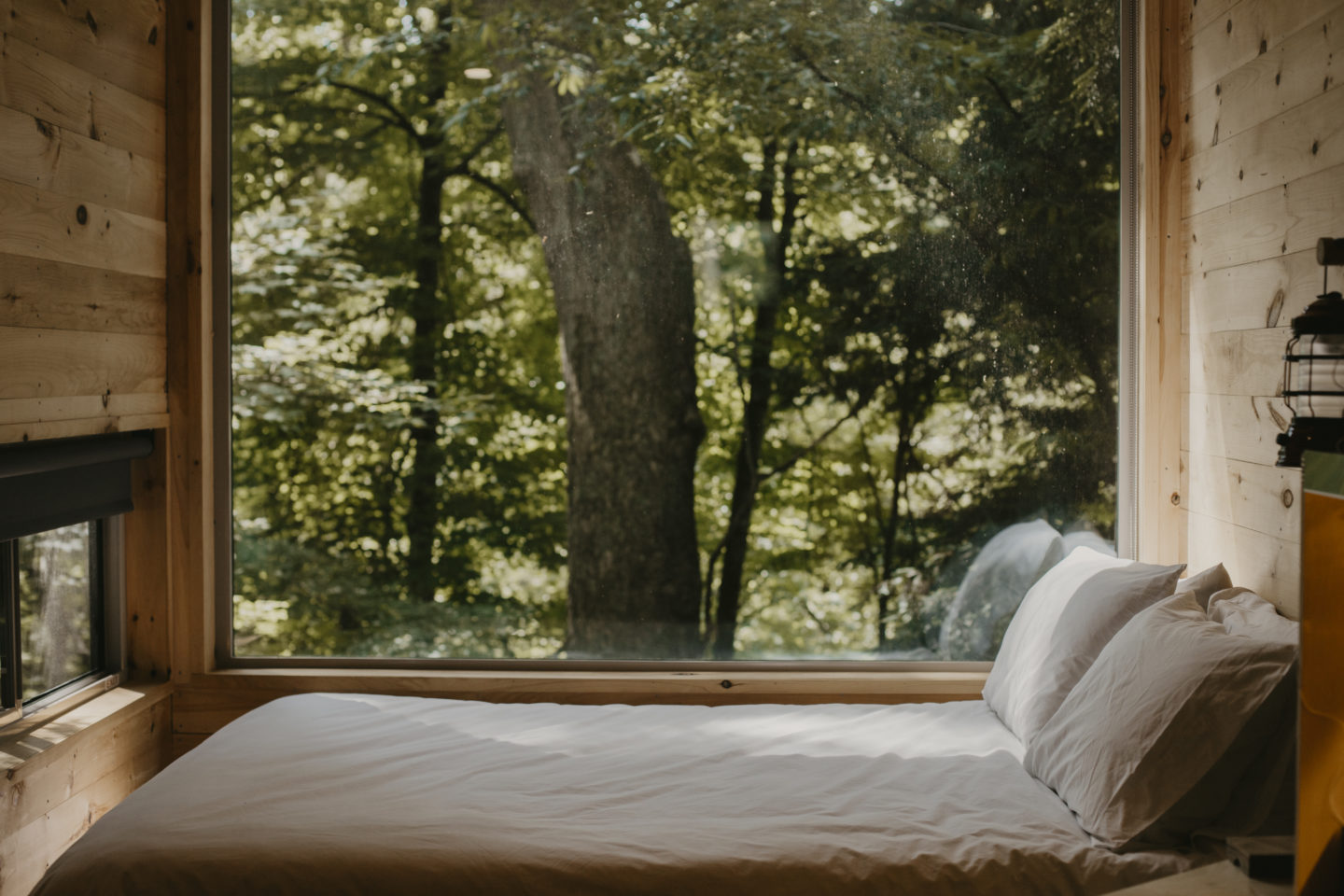February has been a cold, grey and rainy month here in North Carolina. While navigating the winter weather, a middle schooler engaged in distance learning and working remotely from my dining room table (and sometimes from my bedroom—ill-advised), I find myself slipping back into a mode of being endlessly busy inside the house. The boundaries of work time, home time, parenting time, and downtime seem to melt away as everything is happening in primarily one place. Home. Over the past year, I’ve spent quite a bit of time thinking about and putting a new level of practices in place that would allow me and my family to power down, unplug and rest intentionally. I also want to be clear that the practice of intentionally resting has been a long road and a tricky undertaking because it is not just based on my current state of being, work, or living conditions, it’s also based on my understanding of what rest looks like from inside the memories of my childhood and culture.
You are your best thing
– Toni Morrison, Beloved
I recently had the opportunity to have a conversation with writer, activist, philanthropist, and social entrepreneur, Rachel Cargle, about my relationship to rest as someone who also moves in the world with the identities of being a Black activist, advocate, and creative. Rachel has been partnering with Getaway, the Nellie Mae Foundation, and Miir to provide 365 nights of rest to Black people fighting for racial justice in their communities. I was one of those recipients of a night of rest back in the fall. I was nominated by a friend and colleague because my work around Reproductive Justice and normalizing aging and menopause for Black women, femmes, and nonbinary people. As a recipient, I was able to take an adventure into nature and experience a tiny cabin with my youngest son.
During our conversation, Rachel and I talked about the origins of our understanding and relationship to rest. One of the most powerful moments of our conversation was when we realized that we both, from different generational standpoints, had bore witness to a similar pattern or path inside our families modeled by our parents, aunts, uncles, and older siblings of being in a perpetual mode of work. The mantra, “I can sleep when I’m dead” had left a familiar imprint on both our southern and midwestern upbringings. It echoed instructions to work tirelessly, whatever our vocation or calling, lest you be found lazy falling into one of the tropes and stereotypes around Black people and work. It chided that rest was for the sick… or the dead. It reminded us that that deep restorative rest is elusive and a luxury we cannot afford. This message has often been amplified in what many of us who are called to social justice work know as movement spaces. It has managed to take seed and find a home there as well because the work and stakes for BIack, indigenous, and people of color committed to disrupting and dismantling systemic oppression and racism are high personally and collectively. Too high in fact, to care for your own well-being. Again, notions of rest, seem counter to the goal of liberation.
When your body gives you information that you can no longer operate in a certain way, trust your body.

After my conversation with Rachel and reflecting on my own experiences, learning, failures, and unlearning around my relationship to rest, I thought about one or two things I would like to share with those new to movement work following in my footsteps:
First thing, I would echo the words of Toni Morrison as a reminder for us all no matter how long we’ve been engaged in social justice work. You truly are your best thing, so treat yourself accordingly. Developing a deeply loving and revolutionary relationship with rest is a worthy lifelong practice and another tool that actually disrupts oppression and racism. It acknowledges and centers your humanness as being worthy of care. There is wisdom and liberation in treating your body and your life like a precious thing to be honored, protected, and cared for in the same manner you treat the lives of the marginalized and oppressed people you fight for.
Second, I would offer that if, and when, you find yourself slipping off the path of your practice, deviating from your commitment to rest, cut yourself some slack and recommit. Shame, guilt, and negative self-talk are the helpmates of fatigue. Don’t give that energy fertile ground to grow.
We are all in an iterative cycle of learning and unlearning so many things. If you’ve made this commitment to rest, return to it, remembering that each time that you do, you are investing in your own liberation.
What does your practice of rest look like? How can you recommit to centering your wellbeing?

Need to reset your relationship to rest? Book your escape to nature today.

